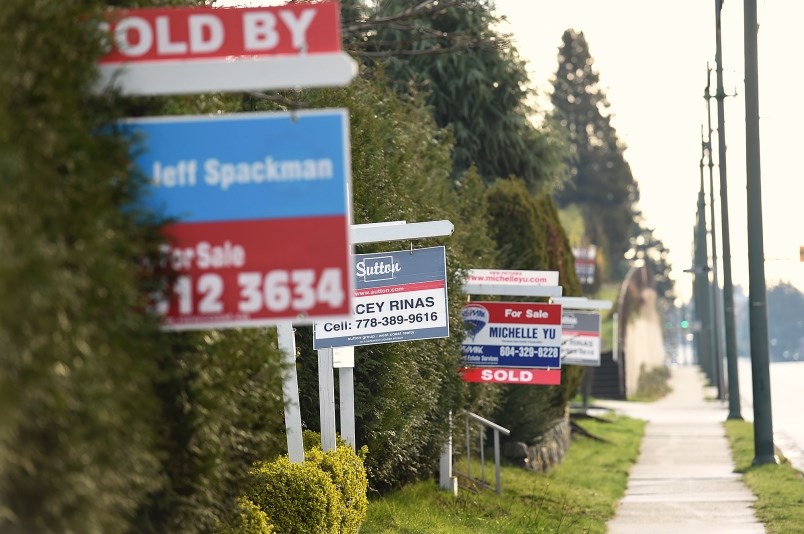Ten months after B.C. outlawed real estate agents acting for both a buyer and a seller of the same property, the controversial “dual agency” ban has barely raised a ripple.
“It is awkward, but we are working with it,” said Michael Trites, president of the BC Real Estate Association (BCREA) and a Fraser Valley real estate broker.
The Real Estate Council of British Columbia (RECBC), the industry’s disciplinary watchdog, has not had a single decision against an agent contravening the dual-agency ban since it was introduced on June 15, 2018.
The council does not report consumer complaints, but a spokesman suggested the ban does not appear to be a pressing issue.
Calls for the prohibition of limited dual agency, or “double-ending,” began during the hot B.C. housing market of 2016-17 that saw complaints against a handful of Metro Â鶹´«Ã½Ó³»agents.
Most complaints alleged a conflict of interest as agents profited from both sides of a transaction during a time of multiple offers and rapid price increases.
Since last June a real estate licensee can no longer act in an agency capacity for both parties in the same transaction. However, individual licensees from the same brokerage firm can act within a “sphere of confidentiality” as designated agents for both parties.
Before entering a transactional relationship, licensees are required by law to disclose their agency relationship, both verbally and in writing using only RECBC disclosure forms, which are required for every transaction regardless of whether they have been consummated.
This has generated an increase in paperwork and time for agents, Trites said, but he added that the housing market has slowed dramatically since the ban was introduced.
He estimated residential real estate sales in B.C. are down 35 per cent since last June. In Metro Â鶹´«Ã½Ó³»benchmark prices are falling by an average of 1 per cent per month.
Real estate agents still have concerns, however.
Under the new rules, for example, an agent may not be allowed to work with a client if he or she has confidential information from previous transactions or even social contact. This has proved cumbersome in smaller markets and in the commercial real estate field, where agents often deal with the same parties over a number of years.
In a January letter to B.C. Minister of Finance Carol James, BCREA CEO Darlene Hyde said there had been an increase in unrepresented consumers “who are now restricted when choosing the [real estate agent] they believe can best represent them, especially in small communities.”
The BCREA recommended that the minister allow consumers to sign a waiver that would allow the use of limited dual agency.
“We have not not seen any movement at this point from the provincial government around those issues,” according to a March 27 BCREA email.



